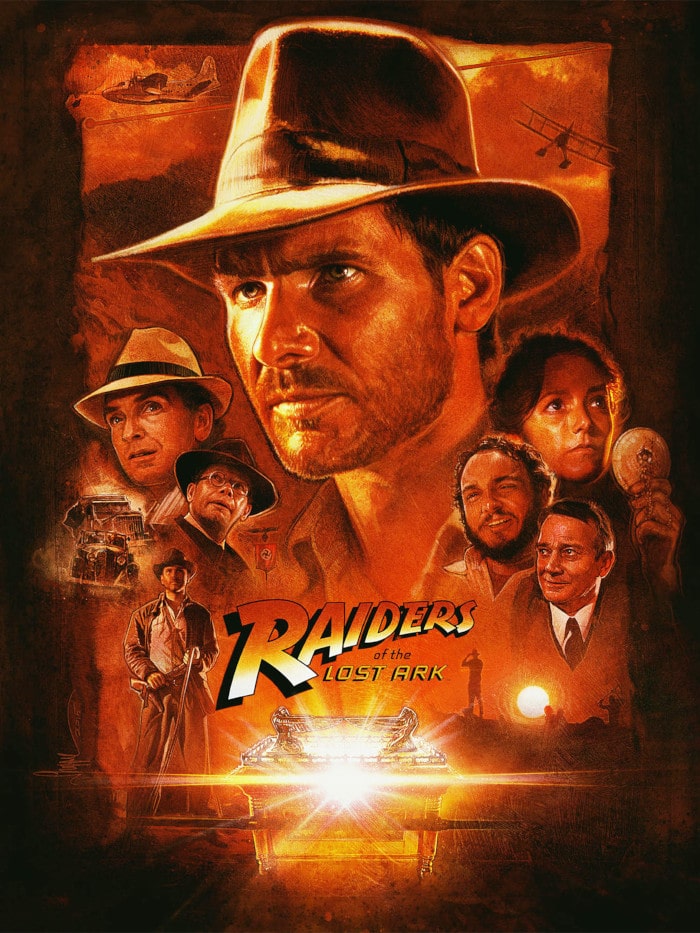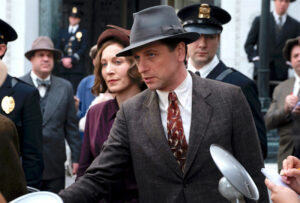University of Wisconsin-La Cross Chancellor Joe Gow was fired from his job because he made sex videos with his wife publicly available. Yes, it’s yet another “Freedom of Speech” story with all the salacious sex that every news organization likes to plaster on the front page.
Gow says he’s been making such sex videos with his wife for years but kept their real names secret. He says he and his wife wanted to be more open about the videos to raise free speech issues.
A Quick Note about Why I’m Writing This
I haven’t written many articles lately, mainly because every time an interesting story comes up, it pretty much mirrors a previous endeavor of mine and I feel like I’m just covering old ground. Then a little voice inside my head reminded me about as many people read my blogs as read my novels, which is to say, not many. So, why not rinse and repeat? Who does it hurt?
Anyway, I’ve spoken on the idea of Free Speech many times before. If you want to find those stories then look them up, I won’t be adding anything new or groundbreaking here. On the other hand, just stick around and read this one, then you won’t have to read the others.
Free Speech is not Speech without Consequence
People throw around the words Free Speech all the time, but only when it applies to speech they like someone else does not. Right wing speaker cancelled? Left wing beer promoter cancelled? People are howling from the rafters about Free Speech.
Fired for making a sex video? Gow says it’s about testing free speech. It’s not. It’s about testing permissive attitudes. Free Speech is pretty simple. The Constitution of the United States manages to cover it with a simple sentence. “Congress shall make no law … abridging the freedom of speech.”
That is all. That’s it. That’s what Free Speech means. It basically means you can’t be arrested for saying something although there are exceptions like shouting fire in a crowded theater as the classic example.
What it does not mean, what it has never meant, is that you are free from facing consequences for speaking in certain ways. If you tell your spouse they’ve gained too much weight then you expect to face consequences. If you tell your boss, you had sexual intercourse with their spouse, you expect to face consequences. If the rules of the forum are no political speech and do it anyway, you expect to be banned.
What was Gow Really After?
Publicity, possibly. Expecting an open and honest discussion about sexuality between consenting adults in the modern, internet era, quite possibly. Good luck with that, the depth of Holier than Thou in this nation requires an infinitely long sounding chain to find the bottom. Fire and brimstone to everyone who is doing exactly the same thing as me but they don’t know I’m doing it.
I’m sure he expected to be fired and it’s certainly the right of the school to do so.
The Bottom Line of the Sex Video
It was a foolish thing to do if he wanted to continue at his job but I applaud Gow and his wife. There is absolutely nothing wrong with sex, as best I can remember. If two consenting, legally capable people, want to have sex, to tape themselves having sex, to make those tapes available for the titillation of others, I applaud them. Good for you.
I’d vote to keep him at his job if he was doing it well. If people can’t handle the fact other people enjoy this sort of thing, then don’t look at it. Don’t judge. Sure, some students are going to see it. Why do we care so much? It’s just sex. Better than the violence we glorify in this society.
Tom Liberman



















